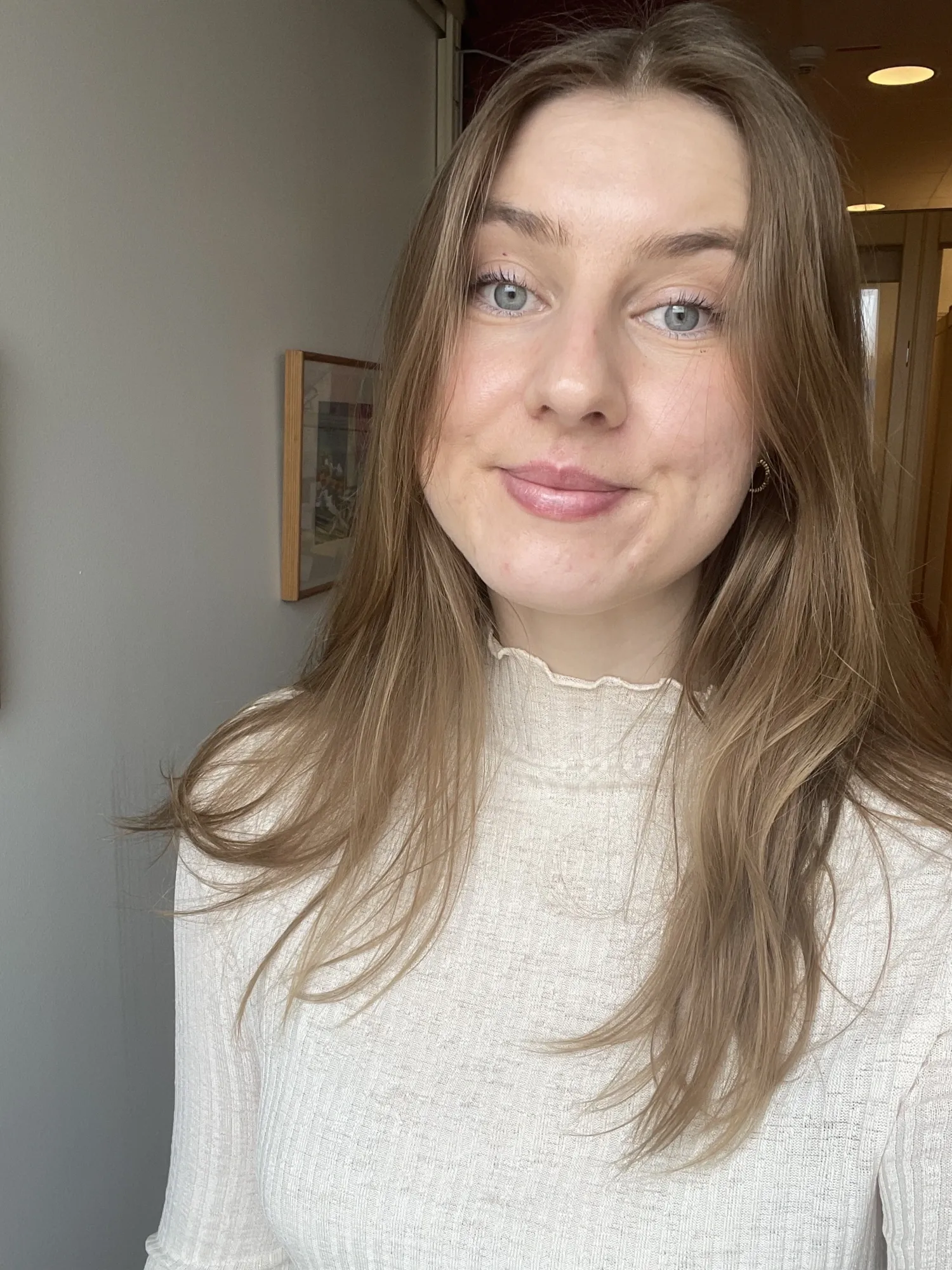New thesis investigates innovations in blood components for improved safety and preparedness

Kristina Ehn from the Center for Hematology and Regenerative Medicine (HERM), at the Department of Medicine, Huddinge (MedH) defends her thesis titled "New plasma and platelet products; evaluation of hemostatic and functional properties in experimental studies", on 28 November, 2025. Main supervisor is Agneta Wikman (MedH).
What is the main focus of your thesis?
My thesis focuses on innovations and the development of platelet and plasma blood components to improve availability and enhance blood safety, with particular consideration for disaster preparedness and prehospital care. Through experimental studies, I have investigated how new techniques for storing and using these components affect their quality and mutual interactions, with a primary focus on frozen platelets and freeze-dried plasma.
Which are the most important results?
- In the first study we demonstrated that pathogen-inactivated plasma, when combined with both conventional and frozen platelets, retains a comparable ability to form hemostatic clots as standard plasma.
- In a second study we showed that it is possible to freeze platelets and maintain cell counts without using the commonly used cryoprotectant DMSO, which may reduce the risk of toxic side effects.
- In a comparative study of freeze-dried plasma from three different manufacturers, we observed that all products were practical to handle and contained normal levels of coagulation factors, although slightly lower than those in standard plasma.
- Furthermore, we investigated the possibility of using freeze-dried plasma instead of standard plasma when thawing frozen platelets. This change did not impair platelet function, and clot formation remained comparable.
How can this new knowledge contribute to the improvement of people’s health?
The results can help improve blood preparedness in society, particularly during crises, accidents, or in remote areas. By using blood components with longer shelf life that are easier to store and handle, we can save lives even where traditional components are not readily available. Additionally, the use of pathogen-inactivated components can reduce the risk of disease transmission. In the long term, this may lead to safer and more efficient transfusions in both civilian and military healthcare settings.
What are your future ambitions?
In the future, I look forward to continuing my role as Technical Manager/Clinical Chemist at the Department of Clinical Immunology and Transfusion Medicine, where I am responsible for the development and quality assurance of blood components. I hope to continue leading projects that strengthen the availability of blood and meet the needs of both society and healthcare. As I will have worked at the clinic for ten years next year, it has become clear to me that transfusion medicine is a field I am truly passionate about and want to continue growing within.
Dissertation
Friday, 28 November, at 09:00, Erna Möller in Neo, Blickagången 16, Flemingsberg.
